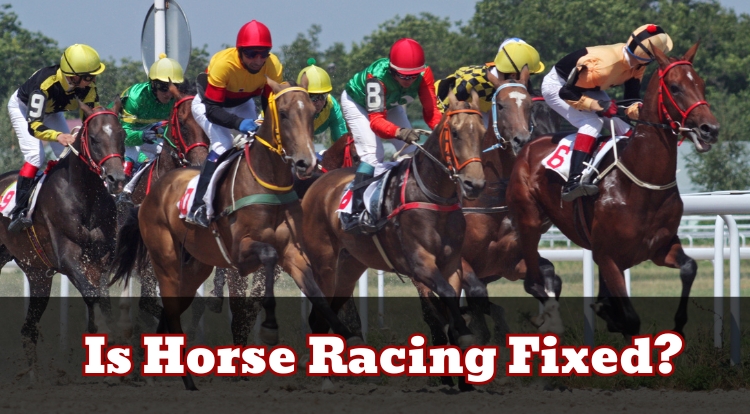Paying 4 Places Instead of 3: When Do Bookies Do It?
Occasionally, bookmakers choose to pay out on extra places in horse races—such as paying four places instead of the usual three. This can be particularly relevant for players placing each-way bets, especially those still getting familiar with horse racing.
Understanding when these offers are made and what they mean for your bets is generally straightforward, though it’s important to pay attention to the terms and conditions involved.
If you’re curious about why bookmakers sometimes pay four places, when this happens, and how it might impact potential returns, this blog post will provide a clear explanation. Read on to find out more.
How 4 Places Works at the Bookies
When a bookmaker advertises payment for four places, it means that each-way bets will pay out if a horse finishes first, second, third, or fourth. While most races typically pay out on the top three places, these extra place offers sometimes appear in specific circumstances.
An each-way bet consists of two parts: one part backing the horse to win and the other backing the horse to finish in one of the paid places. If a horse secures that fourth position in a race where four places are paid, the place portion of the bet is paid at a set fraction of the odds—usually either 1/5 or 1/4, depending on what the bookmaker specifies for that race.
These terms can vary depending on factors like the type of race, the number of runners, or any special promotions running at the time. If you intend to place a bet, you might want to check the race details carefully beforehand to understand exactly how many places are being paid.
Times You’ll See 4 Places Paid
Bookmakers typically offer four each-way places on larger horse races, often in handicap events. Prestigious meetings such as Cheltenham and Royal Ascot frequently include this extra place offer, as these high-profile events garner more attention and encourage bookmakers to provide added incentives.
Additionally, four places may be paid as part of special promotions at other times, regardless of the racing calendar. These offers are usually clearly highlighted on the bookmaker’s website or app in the lead-up to the race, making it easier for bettors to spot when the extra places apply.
Minimum Runners Needed for 4 Places
In most standard handicap races, bookmakers will pay out on four places only if there are 16 or more runners in the race. If the number of runners falls below 16, the number of paid places usually reverts to three, in line with industry standards.
Since the number of runners can change up until the race starts—often due to late withdrawals—if you intend to place a bet, you might want to check the final runner count and the place terms shortly before the race begins to avoid any unexpected changes.
Payouts If Your Horse Finishes 4th
If you’ve placed an each-way bet on a race where four places are being paid and your horse finishes fourth, only the place part of your bet will pay out. This payout will be calculated using the fraction specified in the race details. For the win part of the bet to pay out, the horse must finish first; however, for the place part, a finish in first, second, third, or fourth will earn a return.
If you plan to place a bet, you might want to check the bookmaker’s current terms for the race to confirm the exact payout fraction, as this helps clarify what you might receive if your bet is successful.
Do 4 Places Count in Each-Way Bets?
When bookmakers pay for four places, bettors’ each-way bets cover all four finishing positions. The place part of the bet pays out if the horse finishes in any of those places, while the win part only pays if the horse comes first.
Bookmakers clearly outline the place terms for each race, so it’s important for bettors to check the race details or betting slip before placing their bets to understand exactly how the payout works.
Can Bookies Change the Number of Places Before the Race?
If the number of runners changes before a race starts, bookmakers may adjust the number of each-way places paid. For example, if there are late withdrawals and the race no longer meets the criteria for four places, the number paid out may drop back to three.
If you intend to place a bet, you might want to check your bet slip or the bookmaker’s website or app for any updates, as changes are typically communicated there. Staying informed about the latest terms can help avoid surprises and ensures a clearer understanding of the bet.
By paying attention to race details and place terms, you can make decisions based on the most current information, which contributes to a responsible betting experience.
**The information provided in this blog is intended for educational purposes and should not be construed as betting advice or a guarantee of success. Always gamble responsibly.




